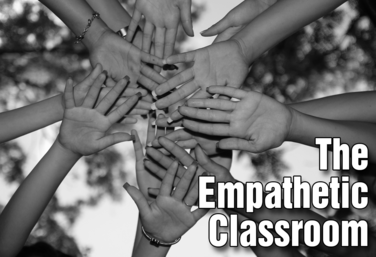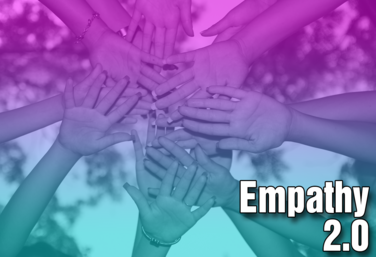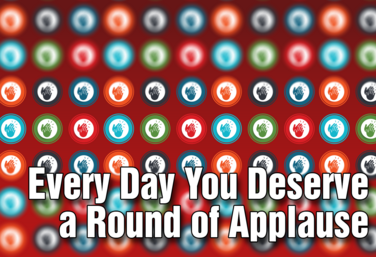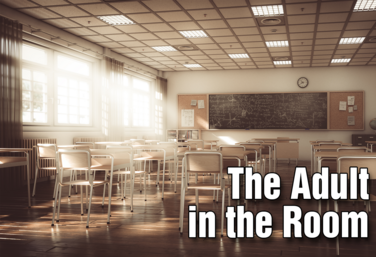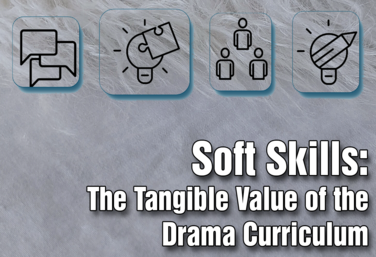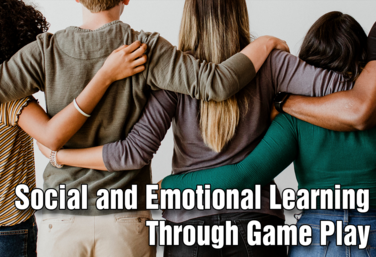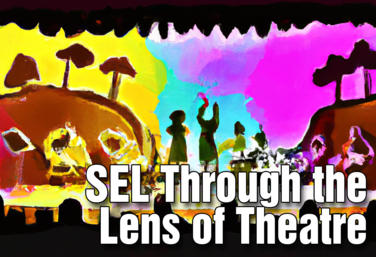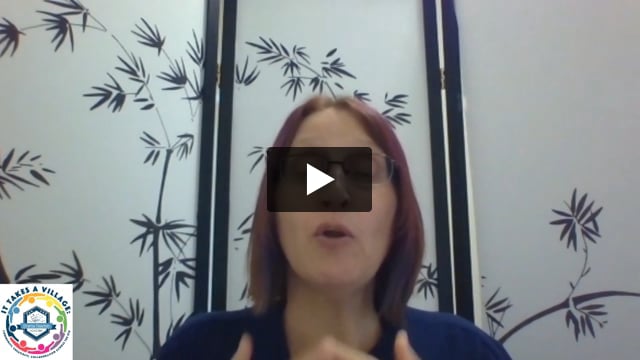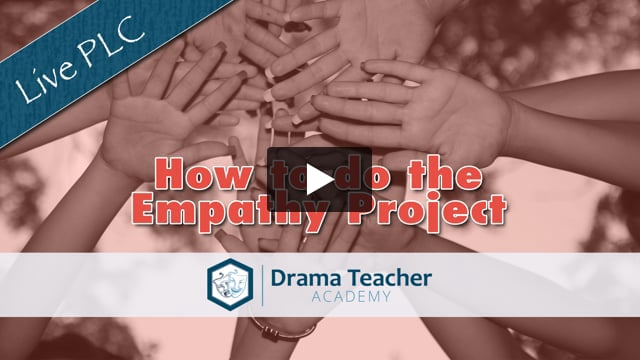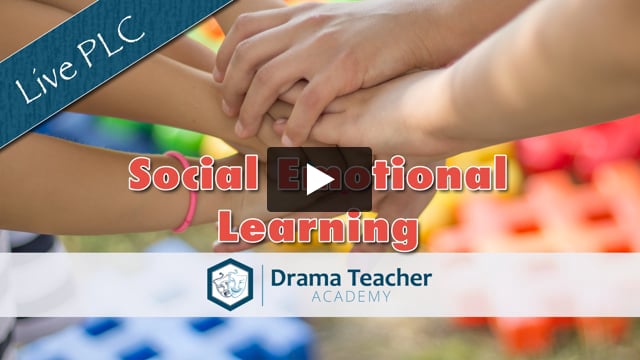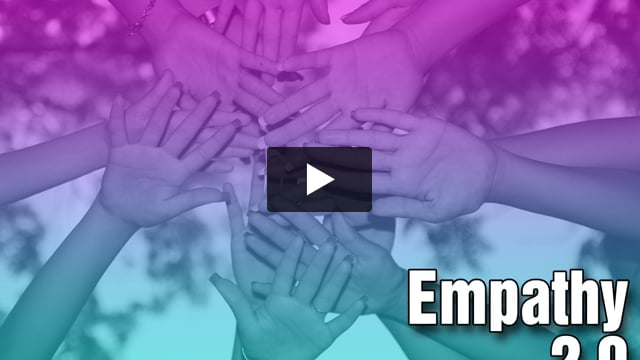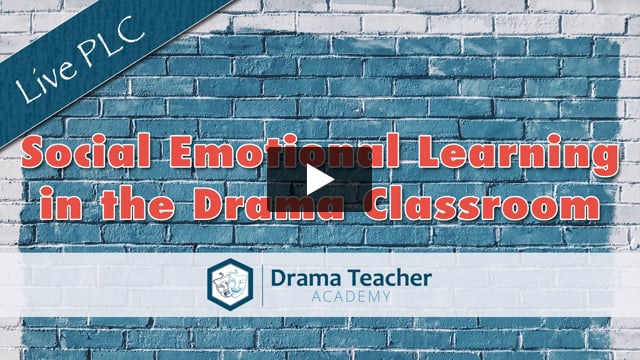Items tagged "Social Emotional Learning"
7 Courses, 3 Lesson Plans, 21 Resources, and 4 PLCs tagged "Social Emotional Learning" for Drama Teachers.
Courses
The Empathetic Classroom
by Steven Stack
Empathy 2.0
by Steven Stack
Every Day You Deserve a Round of Applause: Self-Compassion and Care for You as a Theatre Educator
by Gai Jones
The Adult in the Room: Understanding Your Relationship to Your Students
by Matt Webster
Soft Skills, The Tangible Value of the Drama Curriculum
by Matt Webster
Social Emotional Learning through Game Play
by Matt Webster
SEL Through the Lens of Theatre
by Christa Vogt
Lesson Plans
SEL Lesson: Analyzing Character Choice
by Drama Teacher Academy
SEL Lesson: Self-Awareness Character Study
by Drama Teacher Academy
SEL Lesson: New Relationships
by Drama Teacher Academy
Resources
00 - Overview
01 - Step One: Link with Yourself
02 - Step Two: Link with Others
03 - Step Three: Link with Characters
04 - Step Four: Link with the Audience and the Outside World
05 - Step Five: The Culminating Presentation
Empathy: It Begins With You
How to Execute the Empathy Project (PLC)
Social Emotional Learning Module: PD Courses and Classroom Resources
Self-Care Package
Soft Skills: The Tangible Value of the Drama Curriculum Workbook
Social Emotional Learning Through Game Play
Create an Anti-Slur Policy
SEL Through the Lens of Theatre
0 - Overview
01 - Part 1: Self-Awareness
02 - Part 2: Self-Management
03 - Part 3: Social Awareness
04 - Part 4: Relationship Skills
05 - Part 5: Responsible Decision Making
PLCs
Social Emotional Learning
Hosted by Matt Webster, Lindsay Price, Christa Vogt, Lea Marshall
Using Empathy in the Drama Classroom: Empathy 2.0 with Steven Stack
Hosted by Lindsay Price, Steven Stack
How to Execute the Empathy Project in your Drama Classroom
Hosted by Matt Webster, Lindsay Price, Christa Vogt, Shelby Steege
Social Emotional Learning in the Drama Classroom
Hosted by Lindsay Price, Christa Vogt
